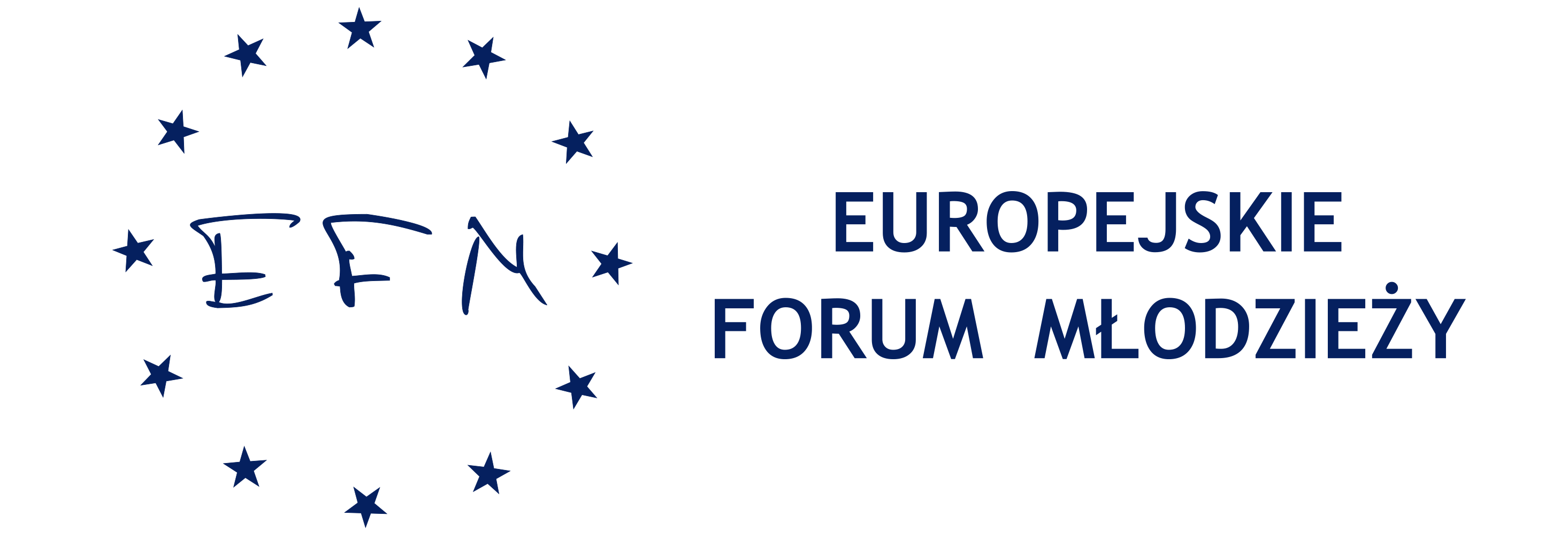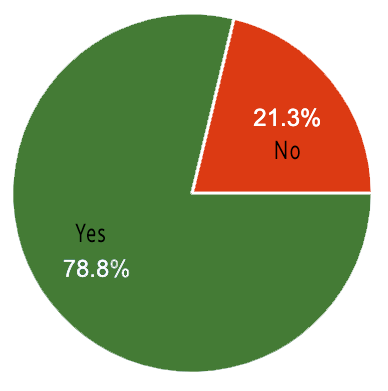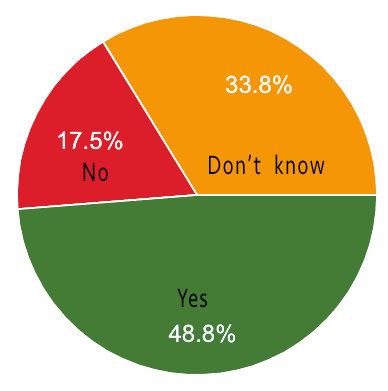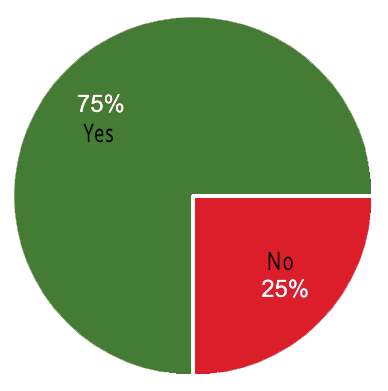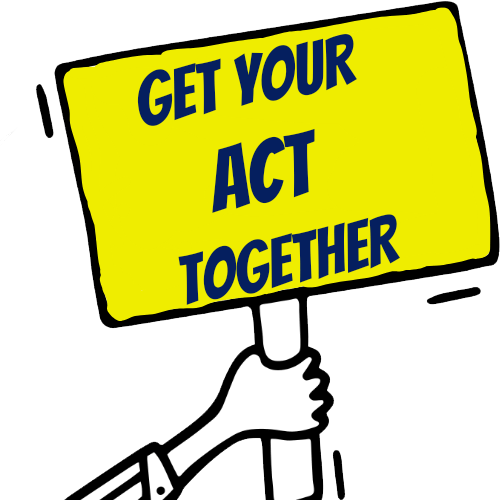
Get Your Act Together could have been the thought of Robert Schuman and Jean Monnet, back in 1950 when the Schuman Declaration was first presented and the first steps of the – latter called – European Union were given. Even if the words were different, the idea was – still is – always the same: to get together, to unite, to become an union and by doing so, to be stronger, to have more power.
With this in mind, the Get your ACT Together Youth Exchange gathered 25 youngsters from Poland, Portugal, Greece, Italy and France, with the aim of raising awareness of the power of change we can have if united. One week of activities where the importance of information and knowledge were the key for making good and informed decisions.

2024 will be a crucial year for many countries in Europe and for Europe itself, with elections happening in many places that will tremendously impact our future. In the case of Europe, we’ll have the EU parliamentary elections and for many of the participants of the youth exchange, who were aged between 16 and 24 years old, this will be their first time voting. This was one of the many reasons why, before traveling to Poland, participants did their homework. In order to have a base of knowledge of how well people know European Union, 80 questionnaires were done in each of the participants country.
The age range of the questioned people went from 13 to 55 years old, having educational levels from primary school to PhD.
How much do people really know about the EU and its institutions?
What means to be an EU citizen?
- Free movement (travel everywhere) 72.5%
- Be able to study abroad 71.3%
- To have safety and protection 58.8%
- To have my rights assured 55%
- To be able to live in another member state 52.5%
- Having similar laws in different countries 48.8%
- To have more privileges than most of the world 23.8%
- To have the same currency 18.8%
Percentage of people who know…
- …what EU means 93.3%
- …the number of EU member states 81.3%
- …that not all EU countries use the same currency 95%
Is your country represented in the EU parliament?
- Yes 83.8%
- No 5%
- Don’t know 11.3%
🤔
- Live in peace
- Better sustainability by 2030
- Uphold and promote its values and interests
- Contribute to peace and security and the sustainable development of the Earth
- Cooperation, economic improvement, social equality, justice, better education
- Stop agression
- Peace, welfare, free, economy and monetary politics
- Sustainable development goals
- A stronger europe
- Unite the countries of Europe while providing benefits to all of them
- Strengthen and support the economy of Europe as an economic alliance
- Protect the environment, equality, justice
- Freedom, democracy, respect of human rights
- Respect for human dignity, freedom, democracy, equality
- Dignity, liberty, equality
- Equality, justice, tollerance
- Equality, peace, safety
- Złoty euro dollar
- Democracy, human right, equality
-
Human dignity, freedom, democracy
- Union between countries, stability and peace
- Peace, love and unity
- Peace, prosperity and cooperation
- Democracy, equality, rule of law
- Equality – sustainability – peace
- Equality support
- Economy, ecology, human rights
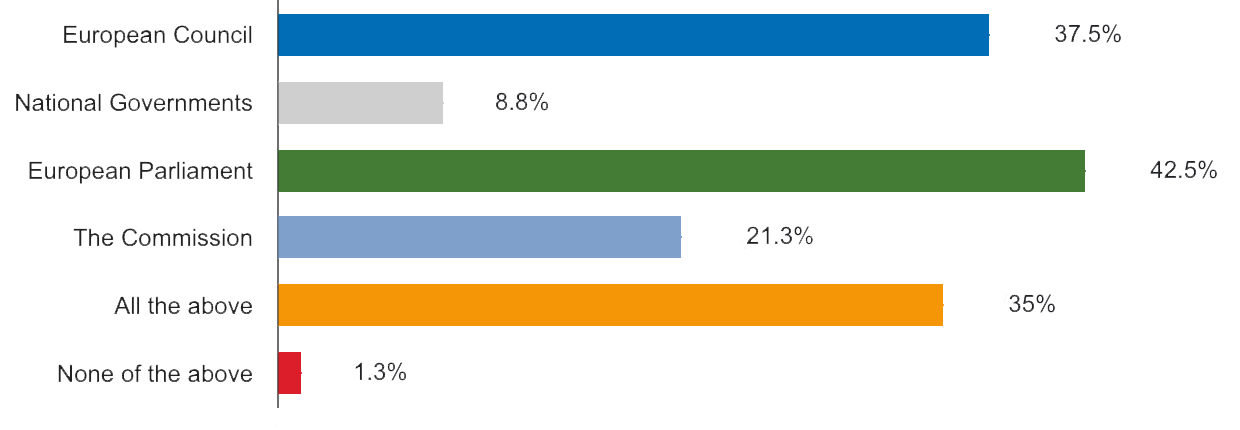
Now, let's focus just on the voting universe
Elections participation
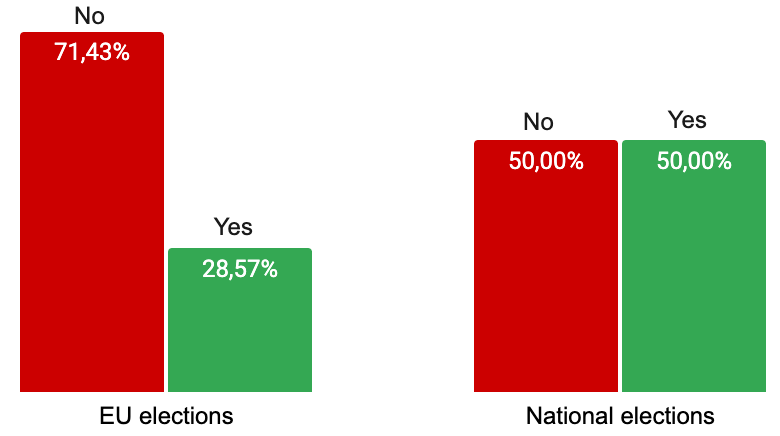
Reasons for not going to vote:
No time to vote
Out of residence area
Not into politics
Didn't know about EU elections
No trust on any the candidates
🤷🏻♀️
🤷🏼
🗳
There are many conclusions that we can take from this survey but at the moment we will focus on the last part – the elections one.
It is quite probable that more than one of us has already heard, “How important it is that young people go to vote”. With the rise of radicalism and nationalist/extremist ideas, the need seems more accurate than ever before. When we see that less than half of the people questioned actually think that the national elections affecct the ongoing of the EU, is possible to infer that we generaly don’t see the impact of each state actions on a global point of view. Thus, maybe we also don’t see the impact of our own actions and decisions, in a bigger scale. On the other hand, how can we act and make decisions if we don’t really know and understand how the systems work, which institutions are responsable for what, to who do we need to address our questions and concerns?
Get your ACT together came in as a way of clarifying and understanding this issues. As a tool to understand better the alienation of youngsters from civic participation and hoppefully, change it.
Get your ACT together was about EU awareness, youth participation, active citizenship, and global and cultural understanding.
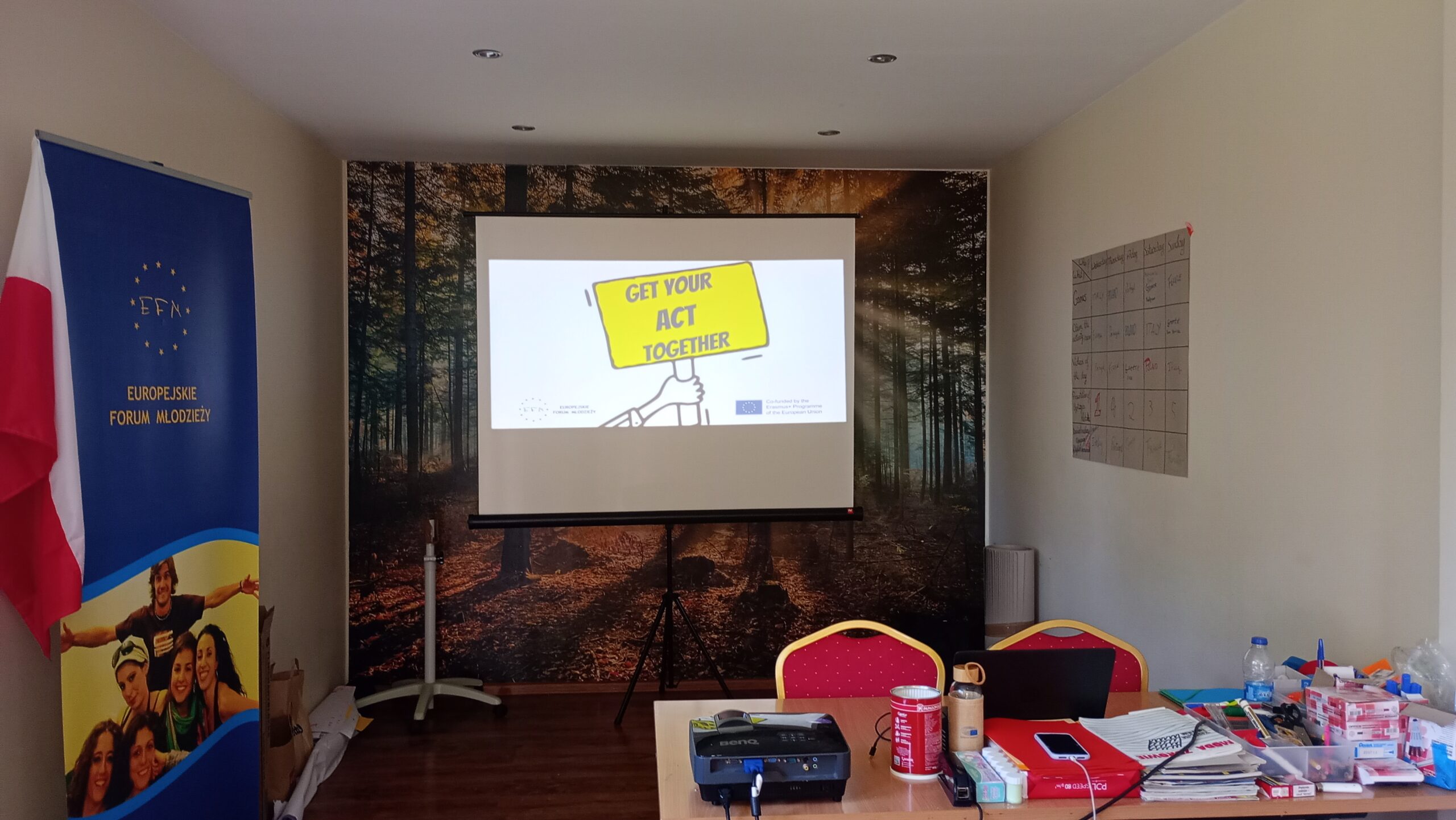
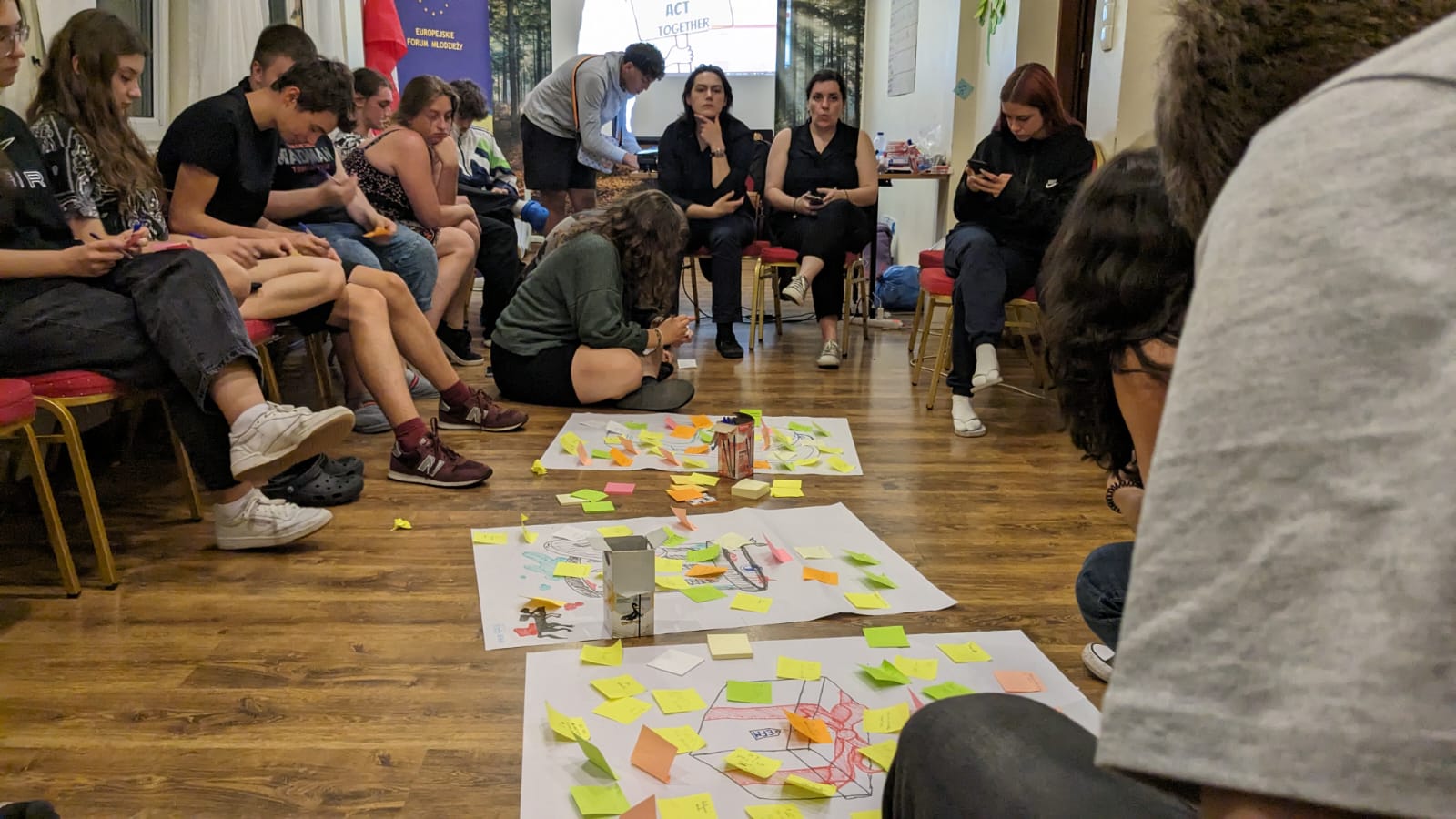
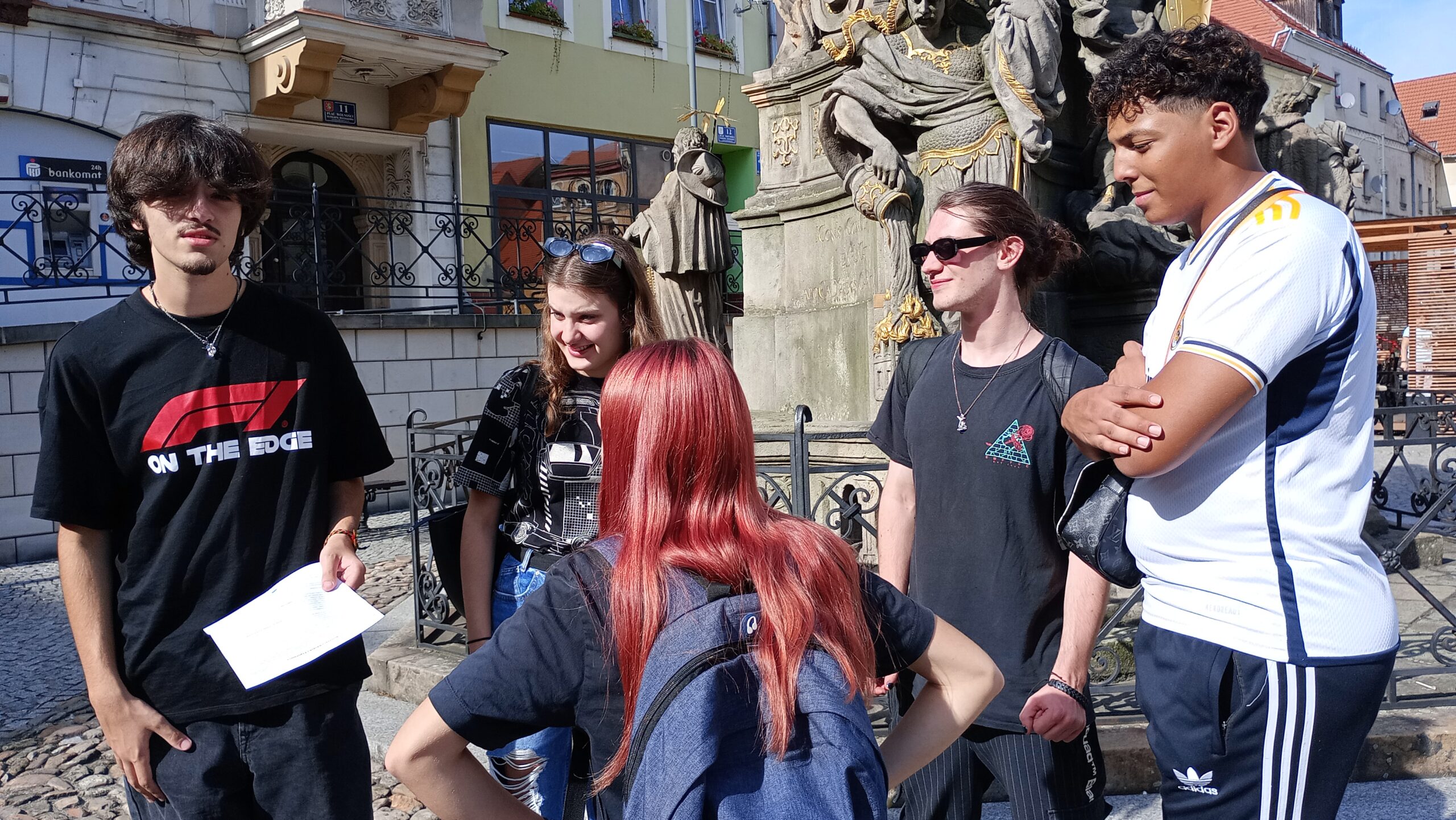
During one week of activities the participants had the chance to share and discuss youth related issues, as well as to stablish and prioritize their needs – both as youngsters and as youngsters that are part of a community. In a school they met with their peers who also shared their fears, doubts and curiosities on how they see their future within their communities, country and Europe.
Time and time again, we hear on the news or read on social media posts about how important it is to bring young people closer to decision-making and policies at every level. We also hear how young people should do their part and take their responsibility as active citizens. And while all of this may be true, shouldn’t we equally ask for the decision-makers and policymakers to get closer to the young people?
That being said, a meeting with the director of the European Parliament office in Wroclaw was also held during this week. Here it was possible for the participants to discuss their opinions about politics and to be inspired to: fight for their dreams and beliefs, to not give up on their rights and duties as citizens, to look back to history and learn what other generations haven’t, to keep human rights in the forefront of their choices.

Get your ACT together participants also prepared and conducted a street campaign in Kłodzko. They approached local people to speak about human rights in Europe, LGBTQ+ rights, the state of democracy in Europe, as well as the opinions regarding the zloty Vs euro currency.
As we can see in this results presentation, this survey was a much more general one. Somehow, most of the answeres went as expected but we must point out one particular fact. More than 60% of the people answered that not only they already witnessed homophobic actions/violence against LGBTQ+ people, they also consider it common.
Even though most of the people questioned affirmed not having any issue with LGBTQ+ community, it is worring that violence is considered a common thing.
🕷
With great power, comes great responsability.
Ben Parker, Spider Man uncle, Marvel
Although it might seem silly to quote a character from a commic book after what was written, make no mistake that sometimes it is from the most unexpected sources that we take the biggest lessons. Ben Parker was right pointing out the other side of power. Is pointless to raise the awareness of the POWER we have when united if we don’t do the same for the uge RESPONSABILITY that comes with it.
It is our responsability as humans, as people, as youngster or elders, to make sure that no act of violence continues to be considered common, regardless of who, why, what or where. Is our responsability to make well informed decisions and choices in order to guarantee that we know for what we are fighting for. Only our interest and knowledge will allow us to reach our goals.
There are many govermental, european or even global institutions to who we can direct our doubts and efforts but we must know our aim well in order to follow the correct way to it. Regarding european institutions, Get your ACT together can help to clarify a little bit!
At the end of the youth exchange, most participants affirmed that they were more aware of different subjects connected with the EU reality, the institutions and values. The majority said they have learned more about policies, the rights the EU protects, and their privileges as EU citizens. Still, many pointed out the mistrust in politics as their most significant barrier. This same comment was made in the info session with the director of the European Parliament Polish office.
A video was made by the aprticipants in order to voice their demands regarding their rights, their communities, their countries. You can see it fully on the tab.
📜
THE DEMANDS 🎥
More than a week is needed to break all the pre-conceived ideas about whatever topic we can think of, as more is required to give all the answers and knowledge to a group of people. This is different from the purpose of a youth exchange as well. But it can be what Get your ACTtogether was: a safe space to pout questions, to exercise critical thinking, to go away from standard/non-personal opinions.
A youth exchange can be this, and it can also be the space for youngsters to discuss and put down their opinions and requirements for their local leaders. And see that young people have, in fact, a lot of ideas and opinions about many things. And that maybe, with more projects and initiatives, it is possible to build a bridge between people and policymakers… who are, in fact…. People.
As a last example of the survey conducted before the youth exchange, the question “Do you feel European?” 72,5% answered… Yes!
So, maybe, just maybe, we should all, everyone, Get our ACT together.
🤳🏼
Get your ACT together on social media
Do you want to know more about youth exchanges?
Click on the link bellow and get to know all the information that you need. If you’ll nedd any other info, contact us 😉
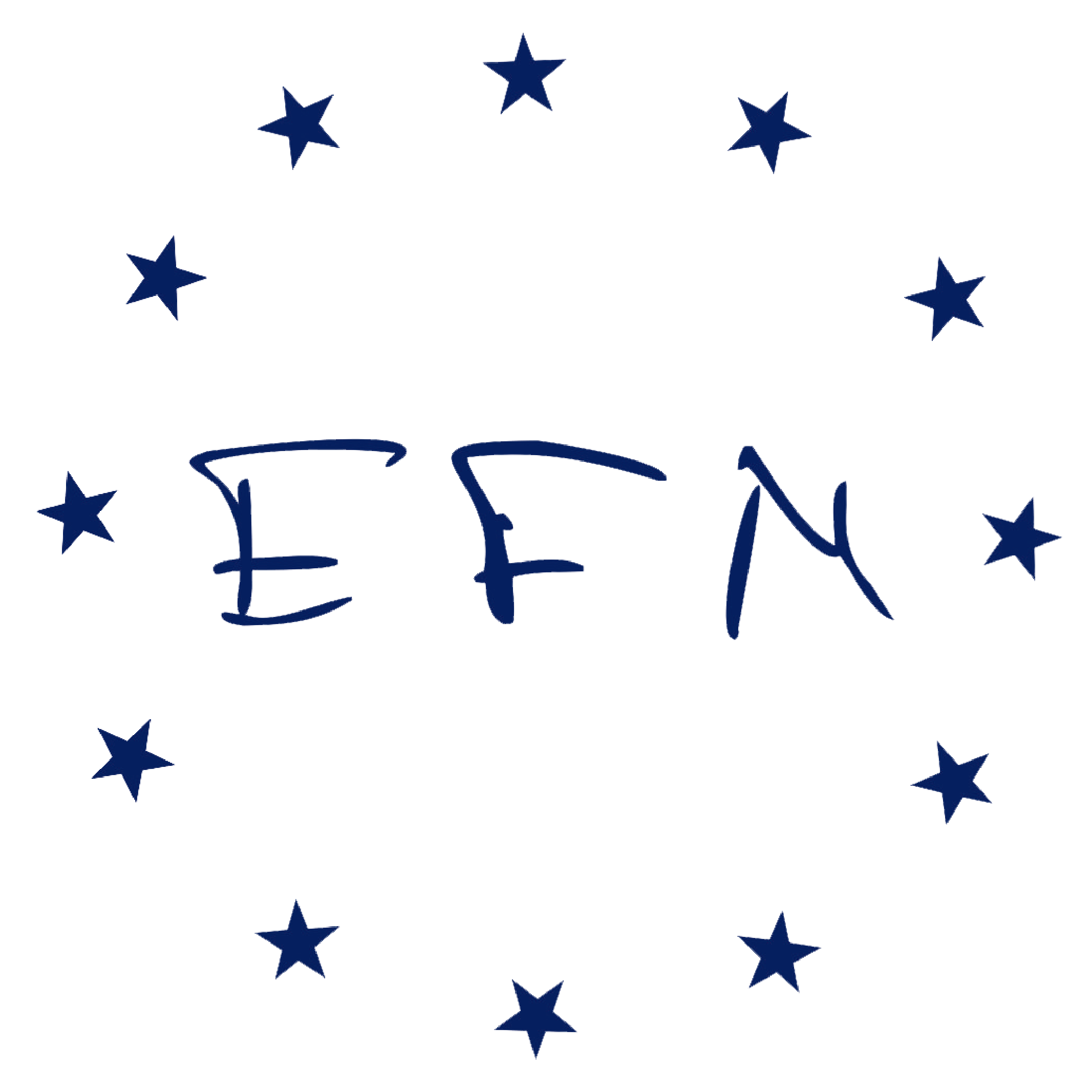


Europejskie Forum Młodzieży
Plac Wolności 5/5,
57-500 Bystrzyca Kłodzka,
Poland
+48 74 811 13 99
efm@efm.org.pl
